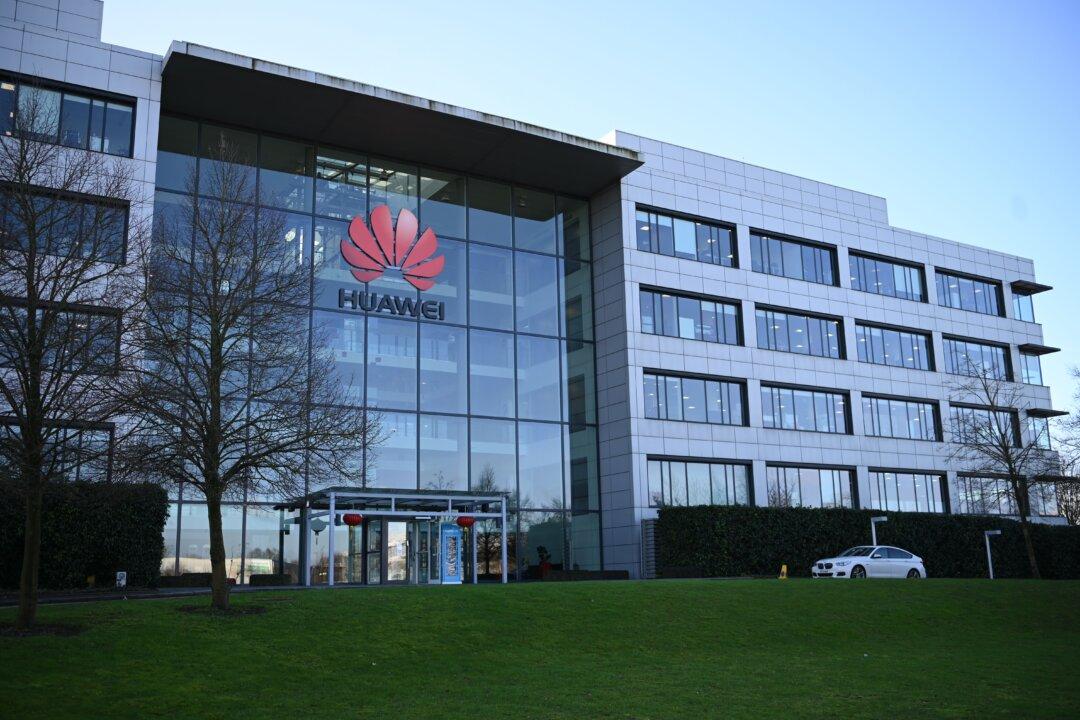Jesus College Cambridge received financial contributions of several hundred thousand pounds from Huawei and a Chinese state agency in the last two years, a freedom of information request revealed.
The contributions raise speculation about the university’s links to the controversial telecom company and Beijing, as well as issues of transparency.





